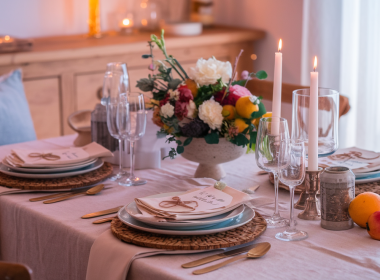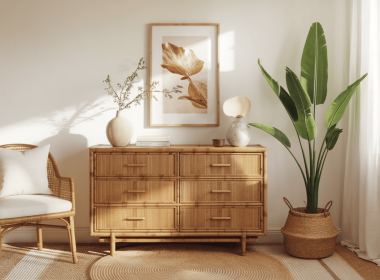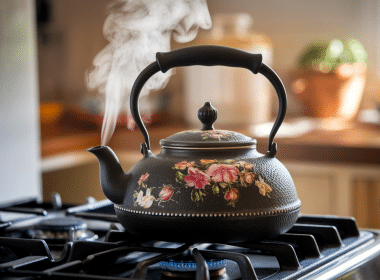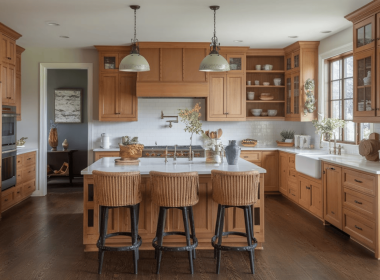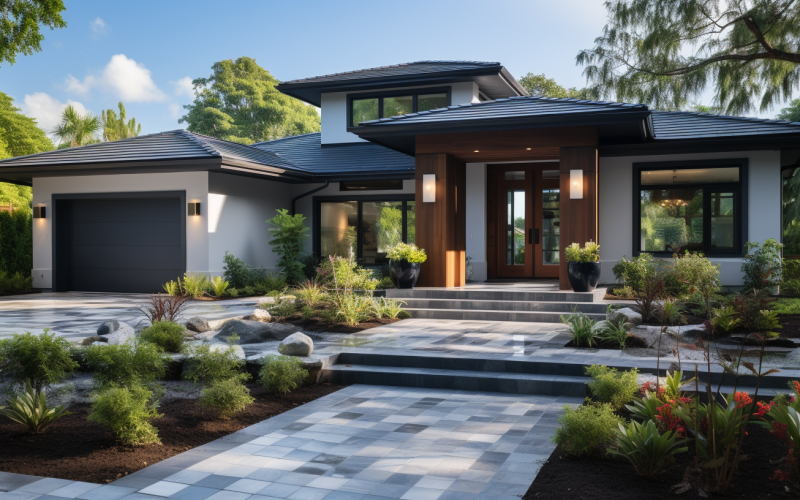Renovating your home in Florida is an exciting endeavor that requires careful planning, especially when it comes to selecting the right materials. The unique climate and environmental conditions in Florida demand materials that can withstand high humidity, intense sun, and the occasional hurricane. Here’s a comprehensive guide to help you choose the best materials for your Florida home renovation.
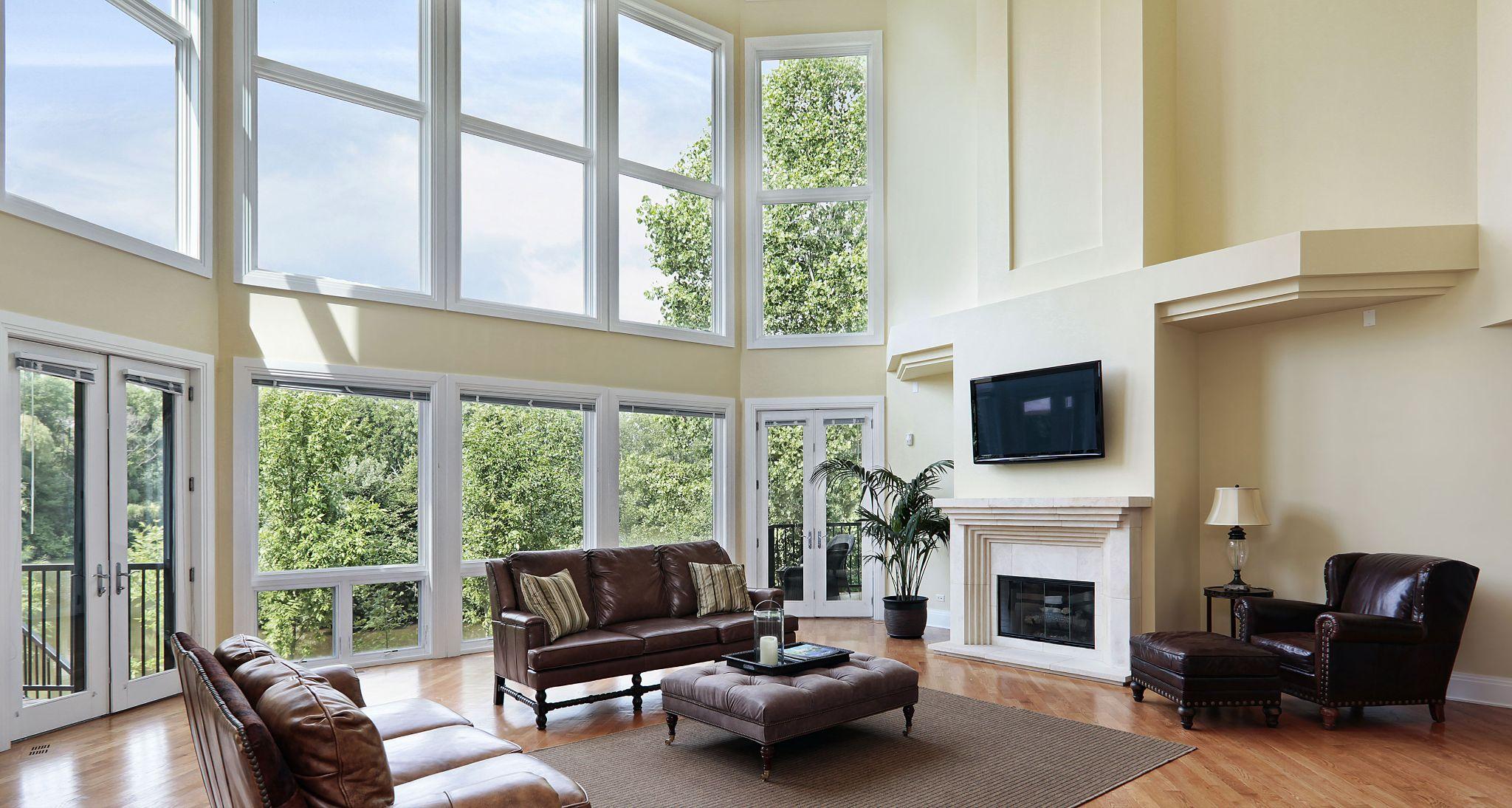
Understanding Florida’s Climate
Before diving into material selection, it’s crucial to understand the environmental challenges specific to Florida. Consulting organizations like the Florida Home Improvement Association can provide valuable insights into these challenges.
The state experiences:
- High humidity: This can cause materials like wood to warp or develop mold.
- Intense sunlight: UV rays can degrade some materials over time, causing fading and weakening.
- Hurricanes and storms: Wind resistance and water-tightness are essential for materials used in coastal areas.
- Salty air: Particularly in coastal regions, salt can corrode metals and affect other materials.
Exterior Materials
Roofing
1. Metal Roofing: Metal roofs are highly durable and can withstand strong winds, making them ideal for Florida’s hurricane-prone areas. They also reflect sunlight, reducing cooling costs. Consider aluminum, which is resistant to corrosion from salty air.
2. Clay and Concrete Tiles: These materials are not only aesthetically pleasing but also highly resistant to wind and fire. They perform well under intense sun exposure and are available in various colors and styles to match your home’s design.
3. Asphalt Shingles: While more affordable, choose high-quality, wind-resistant asphalt shingles. Look for products rated to withstand high winds and ensure they come with a good warranty.
Siding
1. Fiber Cement: Fiber cement siding is durable, resistant to termites, and does not warp in humid conditions. It also offers good fire resistance and can be painted in any color.
2. Vinyl Siding: Modern vinyl siding is more durable than ever, with options that resist fading and cracking. It’s also low maintenance and available in various styles and colors.
3. Stucco: Traditional in many Florida homes, stucco is a good insulator and can withstand the state’s humid conditions. Ensure proper installation to prevent cracking and moisture issues.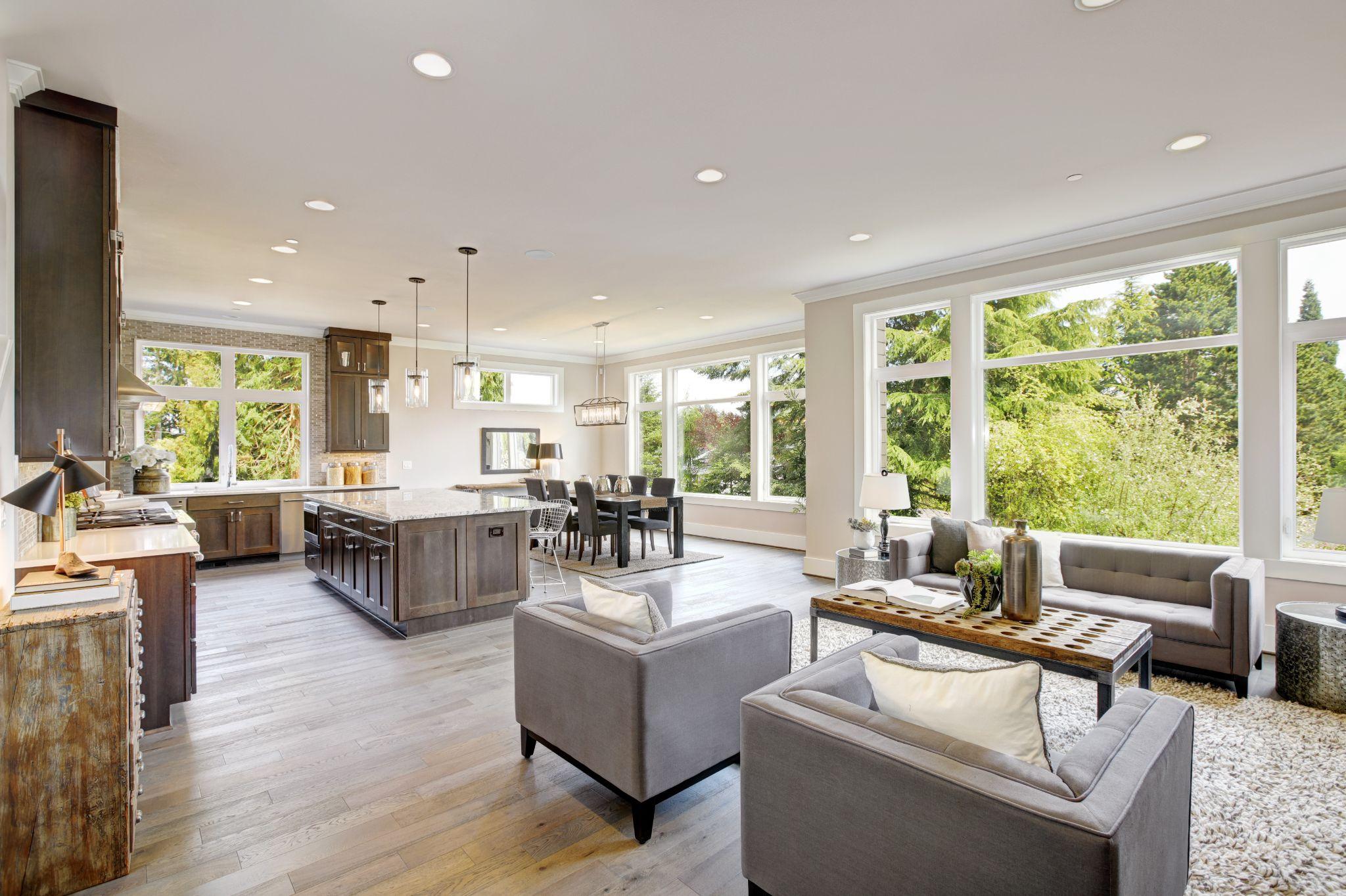
Interior Materials
Flooring
1. Porcelain or Ceramic Tile: Tile is ideal for Florida homes due to its resistance to moisture and ease of cleaning. It remains cool underfoot, which is a plus in hot weather. Choose non-slip varieties for areas prone to water, like bathrooms and kitchens.
2. Engineered Hardwood: Unlike solid wood, engineered hardwood is more resistant to humidity and temperature changes. It offers the classic look of wood without the risk of warping.
3. Luxury Vinyl Plank (LVP): LVP is waterproof and durable, making it suitable for all rooms, including bathrooms and basements. It can mimic the look of wood or stone and is comfortable underfoot.
Countertops
1. Quartz: Quartz countertops are non-porous, making them resistant to staining and bacteria. They require less maintenance compared to natural stone and are available in various colors and patterns.
2. Granite: Granite is durable and heat-resistant, making it a popular choice for kitchens. Ensure it is properly sealed to prevent staining and moisture damage.
3. Solid Surface: These countertops are seamless, reducing places where water can seep in. They are easy to repair if they are scratched or damaged.
Windows and Doors
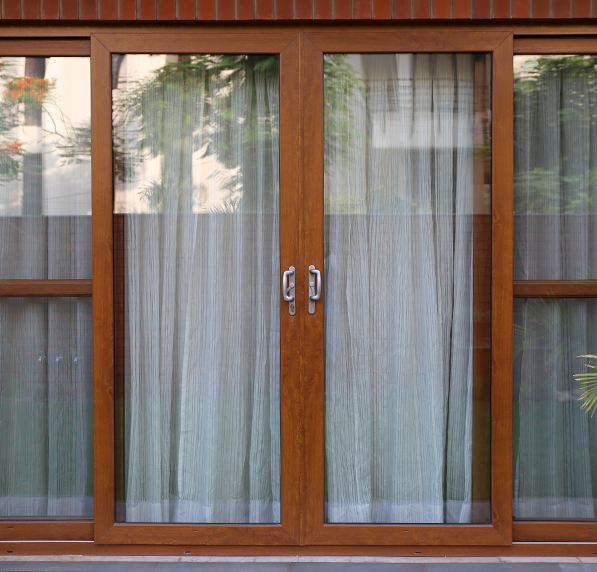
Windows
1. Impact-Resistant Glass: Essential for hurricane-prone areas, impact-resistant windows are designed to withstand high winds and debris. They also provide better insulation and UV protection.
2. Vinyl Frames: Vinyl window frames are resistant to moisture and do not warp or rot. They are low maintenance and offer good insulation.
Doors
1. Fiberglass Doors: Fiberglass doors are durable, resistant to warping, and can withstand humidity and high temperatures. They can mimic the look of wood and come in various finishes.
2. Steel Doors: Steel doors offer excellent security and are resistant to warping and cracking. Ensure they are properly insulated to improve energy efficiency.
Insulation
1. Spray Foam Insulation: Spray foam provides an excellent air barrier and helps maintain indoor temperature. It’s particularly effective in sealing gaps and preventing moisture infiltration.
2. Rigid Foam Board: Rigid foam board insulation is moisture-resistant and provides good thermal resistance. It’s often used on exterior walls and roofing.
3. Reflective Insulation: Reflective insulation is beneficial in attics where it can reflect radiant heat, keeping your home cooler and reducing energy costs.
Final Tips
- Durability: Choose materials that offer long-term durability and require minimal maintenance.
- Energy Efficiency: Opt for materials that improve your home’s energy efficiency, such as insulated windows and reflective roofing.
- Aesthetics: Ensure the materials you choose complement your home’s architectural style and your personal taste.
- Budget: Balance quality with cost. Investing in higher-quality materials can save money in the long run through reduced maintenance and increased longevity.
Selecting the right materials for your Florida home renovation can significantly impact your home’s longevity, comfort, and value. By considering the unique environmental challenges and prioritizing durability and energy efficiency, you can create a beautiful and resilient living space.

